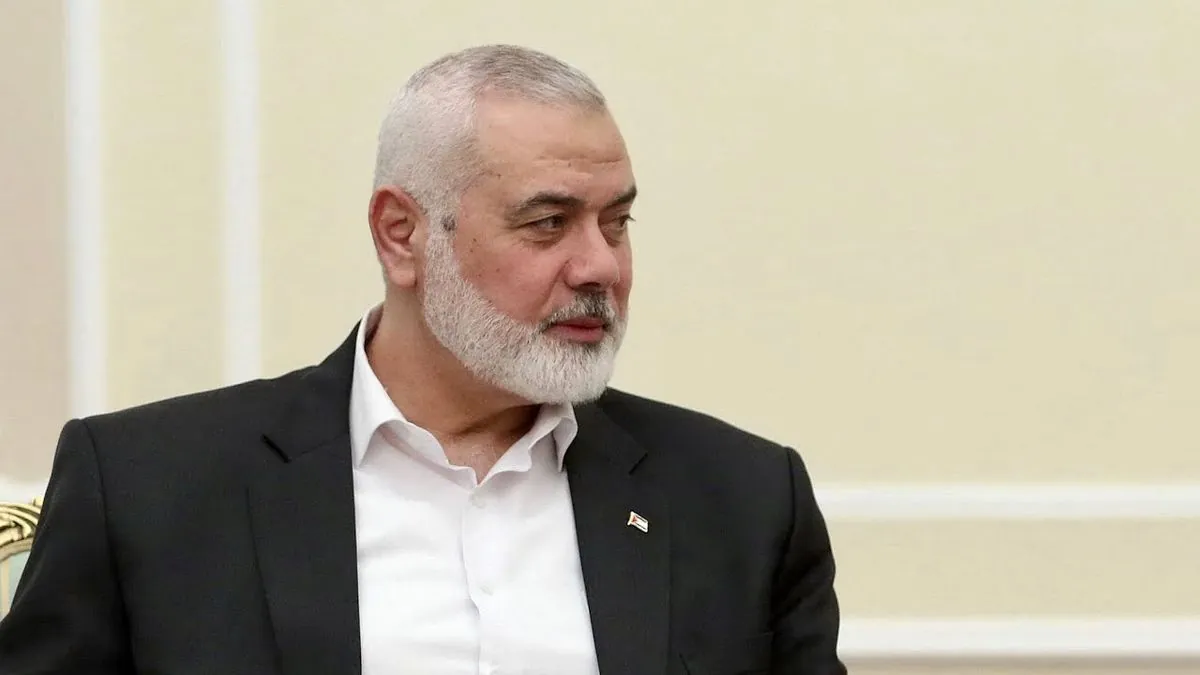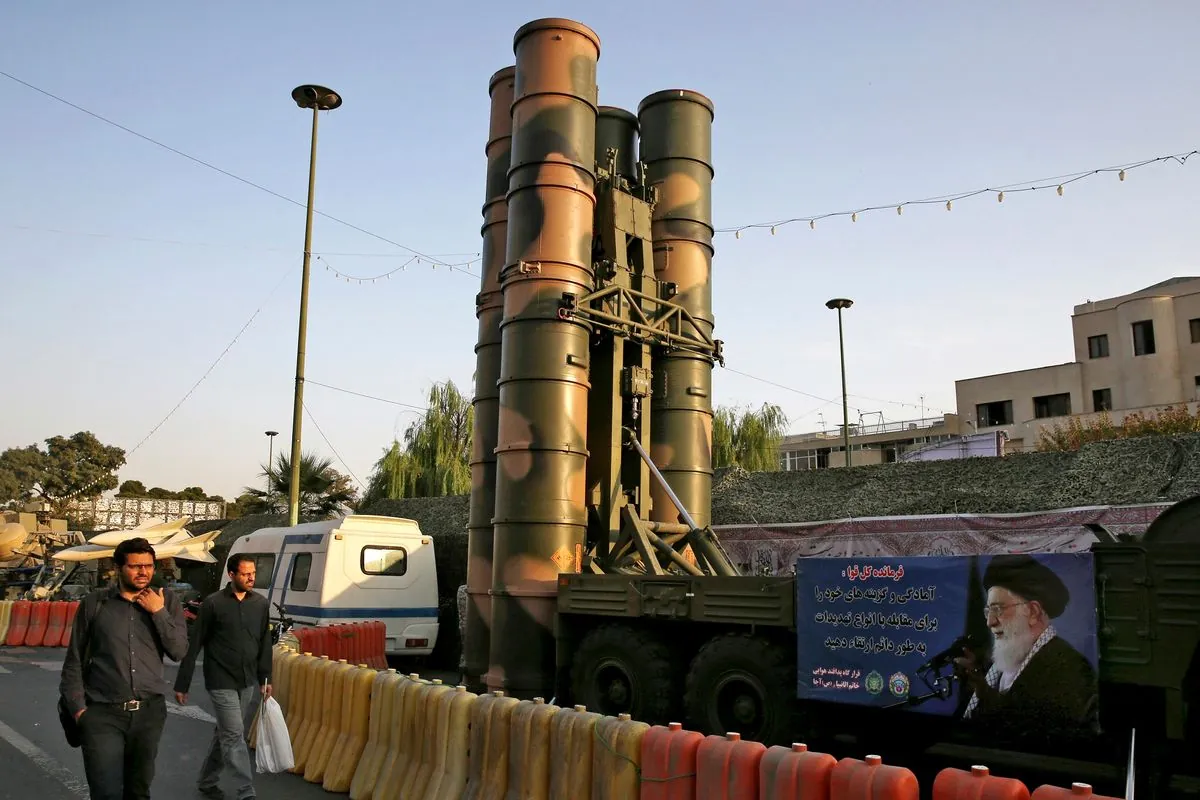Hamas Leader's Assassination in Tehran: Israel's Bold Move Exposes Iran's Vulnerabilities
Israel's assassination of Hamas leader Ismail Haniyeh in Tehran highlights escalating tensions with Iran and reveals internal security threats. The incident may impact Gaza ceasefire talks and Iran's stability.

Ismail Haniyeh, Hamas's top political leader, was assassinated in Tehran on July 31, 2024, marking a significant escalation in Israel's shadow war with Iran. This event occurred just 10 months after Hamas's attacks on Israel on October 7, 2023, which resulted in Israel declaring the group's leadership as targets.
The assassination highlights the intensifying conflict between Israel and Iran's network of proxies, including Hamas, Hezbollah, and the Islamic Revolutionary Guard Corps (IRGC). Israel has been systematically targeting senior commanders of these organizations in recent months.
"We confirm the martyrdom of Ismail Haniyeh in a cowardly Zionist attack on his residence in Tehran."
The timing and location of the assassination are particularly noteworthy, occurring just hours before the inauguration of Iran's new president. This incident raises questions about Iran's air defense capabilities, including its sophisticated Russian S-300 systems, which were initially deployed to protect against potential threats to its nuclear program.

The assassination may have significant implications for ongoing ceasefire negotiations in Gaza. It could potentially delay talks and diminish hopes for a hostage release deal. This outcome might align with the interests of Israeli Prime Minister Benjamin Netanyahu's coalition government.
Interestingly, the incident has exposed a growing trend of Iranian support for Israel. Many Iranians, both within the country and in the diaspora, have expressed pro-Israel sentiments on social media and during demonstrations. This shift in public opinion is partly attributed to the Iranian regime's brutal suppression of the "Woman, Life, Freedom" movement in 2022.
The manner of Haniyeh's assassination suggests possible involvement of local Iranian collaborators. Israel has previously been credited with several high-profile operations within Iran, including the 2020 killing of nuclear scientist Mohsen Fakhrizadeh and attacks on nuclear facilities.
These events underscore the complex interplay between Israel's intelligence capabilities, Iran's internal security challenges, and the changing dynamics of public opinion within Iran. As tensions continue to escalate, the region faces an uncertain future with potential for further conflict and instability.


































